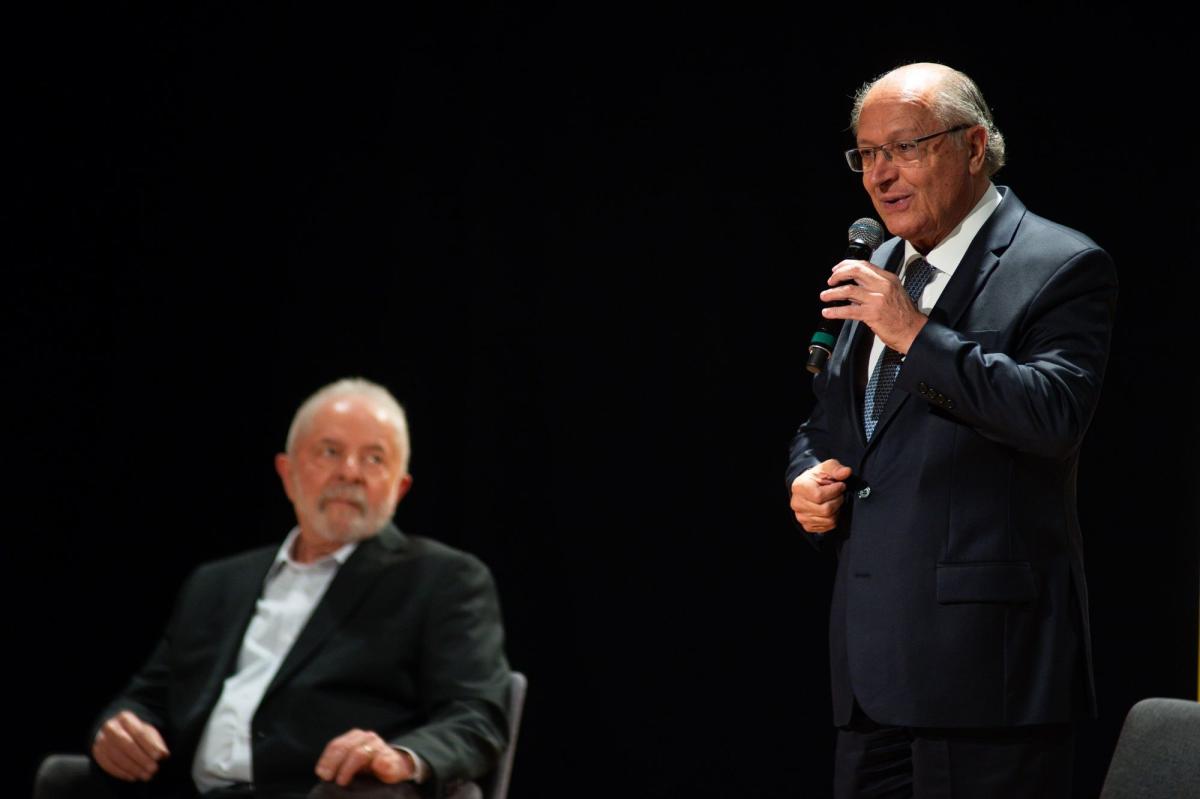
(Bloomberg) — Brazil President-elect Luiz Inacio Lula da Silva will ask congress to circumvent a key fiscal safeguard by excluding the country’s most important social program from a public spending cap to pay for his campaign pledges.
Most Read from Bloomberg
Lula’s team will ask lawmakers to remove the program indefinitely, according to the initial draft of a proposal that is going to be turned into a constitutional amendment bill according to the 2023 budget bill rapporteur, Senator Marcelo Castro. Excluding the program means removing 175 billion reais ($32.4 billion) from the cap.
The incoming administration needs congressional permission to breach the spending rule, which limits growth in public spending to the previous year’s inflation rate.
The leftist leader is rushing to secure funds to pay for top campaign pledges including expanded cash payments for the poor by the time he takes office in January. Still, those plans are raising concern among investors who are worried about depleting public coffers in Latin America’s largest economy. More spending may also pressure inflation and delay interest rate cuts.
At stake are popular monthly payments of 600 reais that are set to fall to 400 reais next year because congress and current President Jair Bolsonaro didn’t set aside enough funds in the 2023 budget. More broadly, Lula has also vowed to increase funds for health, education and the environment, as well as public investment.
According to the proposal presented to congress, the government will use 60% of unexpected revenue to reduce public debt. Another 40% of extraordinary revenue will be used for public investment, which is estimated by the transition team at over 20 billion reais. Expenses paid with donations to universities and protecting the environment will also be excluded from the cap rule.
Poor families and children are a top priority for the new administration, Vice President-elect Geraldo Alckmin told reporters on Wednesday, adding that public investment and social spending cannot be interrupted. He said a new fiscal rule will be discussed at a later point, without elaborating further.
Some economists in Lula’s transition team have warned about the negative signals that greater spending without a credible fiscal anchor could send investors. Indeed, the nation’s currency and benchmark stock exchange sank last week as markets fretted over the incoming government’s economic plans.
Over the past weekend, after markets reacted negatively to Lula’s proposal of breaching the spending cap by billions of dollars, part of the economic transition team suggested exempting 130 billion reais from the cap for one year.
The idea was discussed, but dismissed after Lula’s political advisers said the president-elect would become hostage to lawmakers, specially of centrist parties that exchange support for funds and space in government, for the rest of his term. The political team argued it would be better to try and negotiate a bigger waiver for longer to get the matter out of the way.
The economic team even suggested limiting the out of cap spending for four years, but Lula’s political advisers preferred to leave the proposal without an exact time frame.
When asked if former central banker Persio Arida, Alckmin’s most important economist in the transition team, agreed with the proposal, Senator-elect Wellington Dias, who’s negotiating with congress on behalf of Lula, just replied that he is “following the discussions.”
Most Read from Bloomberg Businessweek
©2022 Bloomberg L.P.




